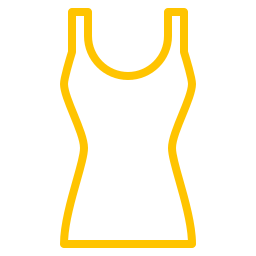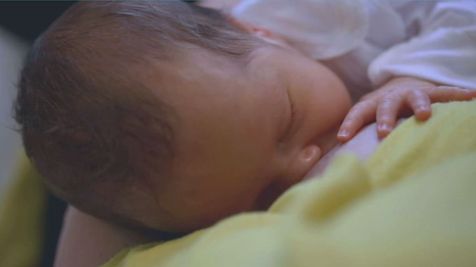COVID-19 has a significant impact on maternal and neonatal clinical practices, namely on breastfeeding support services for pregnant women and mothers, resulting in disrupted breastfeeding behaviours and an unprecedented decrease in breastfeeding rates.
More than half of the health care professionals in the maternity ward and NICU report indicative changes in clinical practice. Similarly, the health care system is under considerable pressure and supporting staff is being reduced. As a result, new mothers lack the support they need in the first critical days to build up an adequate long-term milk supply, leading to potential breastfeeding problems at home and early weaning.
As a global advocate for breastfeeding and breast milk nutrition, we have compiled evidence from an extensive literature review and testimonies from clinicians around the world, echoed in surveys taken by mothers, about the hidden but immense impact of COVID-19 on breastfeeding. We want to join together with healthcare professionals to take further action to continue and improve advocating for mother and child, supporting them in making informed decisions, and enabling mothers to establish adequate milk supplies from the moment their baby is born throughout the critical time window. Like this, we can all make a positive impact to prevent the long-term clinical and economic impacts of COVID-19 on breastfeeding.
Click here to download the White Paper on the impact of COVID-19 on breastfeeding
Questions? Input? Or would you like to receive our company updates or event invitations?
As part of this initiative and beyond, we regularly organise webinars or share new findings. Are you interested in receiving company news and event invitations in the future? Or do you have questions or input on the content? Please complete the form below and we will revert to you as soon as possible.











